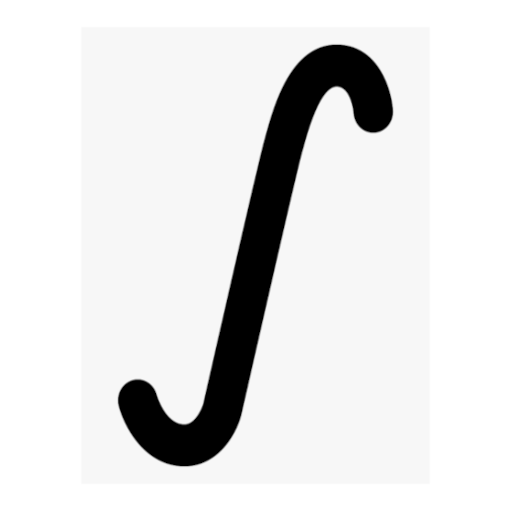- Show that if a function is differentiable for an interval, it is continuous over that interval.
- A function is continuous if lim_x->a f(x) = f(a)
Hint:
spoiler
- Try show that for the statement to be true, the derivative has to be defined.
- There are 2 definitions for the derivative, either would be useful in the proof
Solution
solution
Here’s a pretty minimum effort hand-wavy proof.
A function is differentiable on an interval if it’s differentiable at every point in that interval. Similarly, a function is continuous on an interval if it’s continuous at every point in that interval. So I’ll show that differentiability at a point implies continuity at that point, from which differentiability on an interval implying continuity on an interval will automatically follow.
A function is differentiable at x = a if lim (x → a) (f(x) - f(a)) / (x - a) exists, so let us assume it does exist.
In that limit, the denominator equals 0 at the limit point. Yet, we know by assumption that the limit exists. This implies the numerator also equals 0 at the limit point, because the only way for our denominator to equal 0 at the limit point, and still have the limit exist, is for the expression to be indeterminate, rather than undefined. The only indeterminate form with 0 in the denominator is 0/0.
So we can assume lim (x → a) (f(x) - f(a) = 0. As f(a) is a constant value, this implies lim (x → a) f(x) = f(a) - so the function is continuous at x = a.
deleted by creator
Just noting this is in the wrong problem thread
mb
Isn’t the Weierstrass function a counterexample to the premise?Wait no, I misread. It’s the converse.i thought the “default” counter example is y=|x| lol



